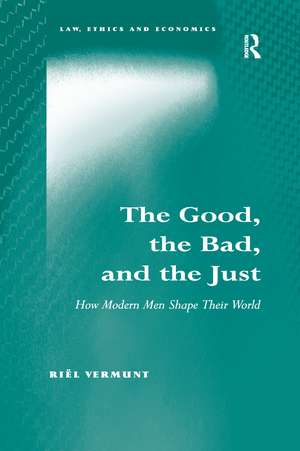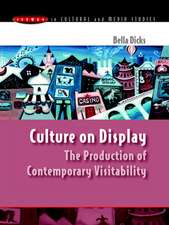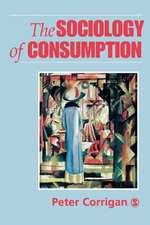The Good, the Bad, and the Just: How Modern Men Shape Their World: Law, Ethics and Economics
Autor Riël Vermunten Limba Engleză Paperback – 30 iun 2020
| Toate formatele și edițiile | Preț | Express |
|---|---|---|
| Paperback (1) | 259.98 lei 6-8 săpt. | |
| Taylor & Francis – 30 iun 2020 | 259.98 lei 6-8 săpt. | |
| Hardback (1) | 1065.78 lei 6-8 săpt. | |
| Taylor & Francis – 16 apr 2014 | 1065.78 lei 6-8 săpt. |
Preț: 259.98 lei
Preț vechi: 311.41 lei
-17% Nou
Puncte Express: 390
Preț estimativ în valută:
49.76€ • 51.81$ • 42.05£
49.76€ • 51.81$ • 42.05£
Carte tipărită la comandă
Livrare economică 07-21 martie
Preluare comenzi: 021 569.72.76
Specificații
ISBN-13: 9780367600808
ISBN-10: 0367600803
Pagini: 344
Dimensiuni: 156 x 234 mm
Greutate: 0.45 kg
Ediția:1
Editura: Taylor & Francis
Colecția Routledge
Seria Law, Ethics and Economics
Locul publicării:Oxford, United Kingdom
ISBN-10: 0367600803
Pagini: 344
Dimensiuni: 156 x 234 mm
Greutate: 0.45 kg
Ediția:1
Editura: Taylor & Francis
Colecția Routledge
Seria Law, Ethics and Economics
Locul publicării:Oxford, United Kingdom
Cuprins
The Good, the Bad, and the Just
Notă biografică
Dr Riël Vermunt is Associate Professor of Social and Organizational Psychology at Leiden University, the Netherlands. He has authored and co-authored many articles and chapters on justice and co-edited several volumes in English and Dutch. He is one of the founders of the International Society of Social Justice Research and is the recipient of the International Society for Justice Research lifetime achievement award for 2014. In 1987 he founded the Dutch journal Gedrag en Organisatie (Behavior and Organization).
Recenzii
Prize: Riël Vermunt holds the Lifetime Achievement Award for 2014, awarded by The International Society for Justice Research (ISJR). ’Riël Vermunt’s book provides a thoughtful explanation of our understanding of the psychology of fairness, as it has emerged over the last half-century, and it gives an exciting new perspective on how and why people act fairly (or unfairly). It is a wonderful work for anyone interested in the topic.’ E. Allan Lind, Duke University, USA ’What do people think is just? How do ideas of justice shape actual allocations? What is the magnitude of the injustice associated with specified discrepancies between the actual reward and the just reward? What are the reactions to injustice? In this broad-ranging and stimulating book, Riel Vermunt addresses these questions, examining the three protagonists in justice processes - allocator, rewardee, observer - the goods and bads that are allocated, and the unfolding of the sense of justice. The pages are alive with the thoughts, sentiments, and actions of the justice life.’ Guillermina Jasso, New York University, USA
Descriere
Drawing on multidisciplinary findings and ideas, this book offers explanations as to why, how and to what extent people, in an effort to attain justice, allocate social resources between self and others and among others. The role of the essential features of allocation behavior are examined in the newly developed Justice Model, and the work also ex














